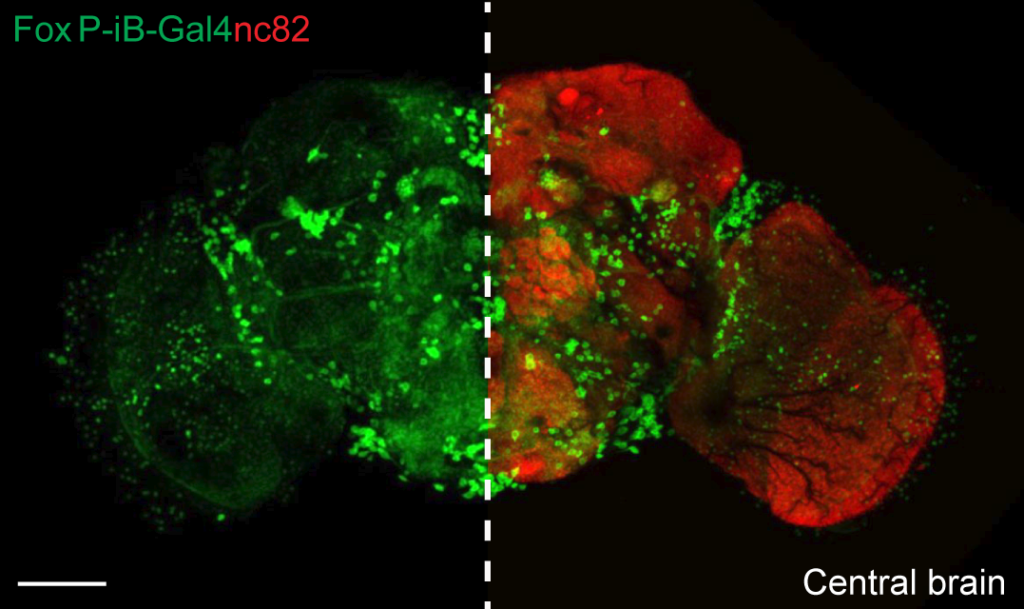
We have a new paper out! I am a bit late with this post, since the accepted version went online in December 2020, and the final version appeared a few weeks ago. It will shortly appear in a finished issue of the journal so I can tell myself that I am not too late yet. What’s it about? A complex of TACC3-chTOG-clathrin-GTSE1 is important for stabilising the mitotic spindle during cell division.






